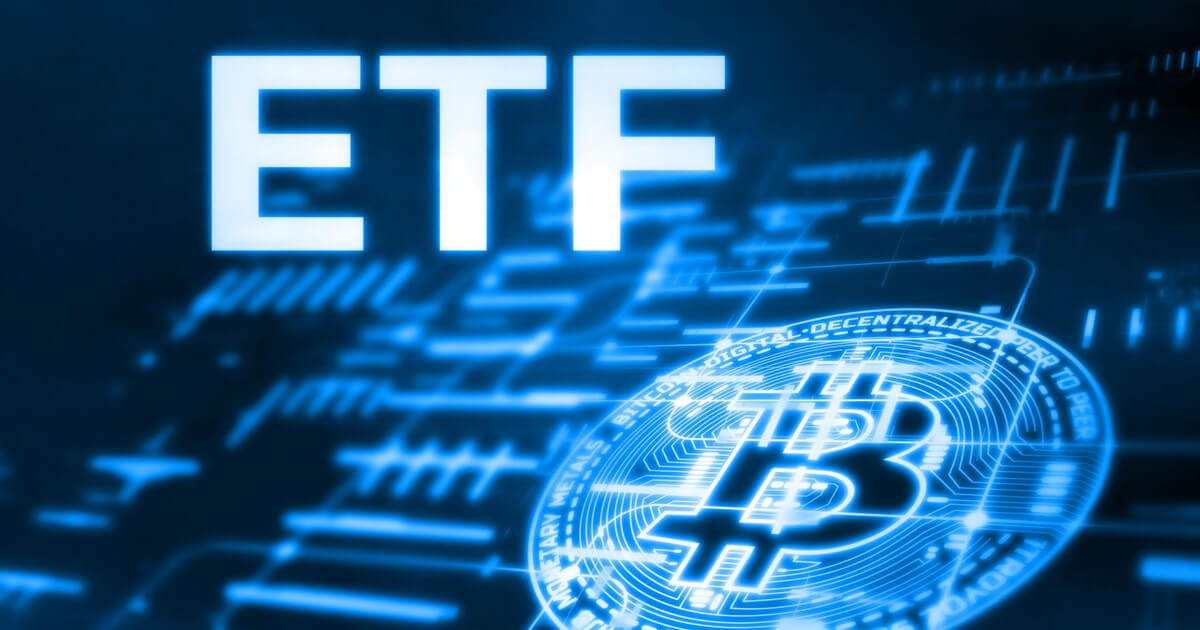Bitwise Pulls Bitcoin ETF To Sort Through SEC Response
Lucas Cacioli Jan 15, 2020 10:00
Bitwise has officially withdrawn its Bitcoin exchange-traded fund registration filing from the United States Securities and Exchange Commission.


Bitwise has officially withdrawn its Bitcoin exchange-traded fund (ETF) registration filing.
On Jan. 14, Bitwise submitted a note to the U.S. Securities and Exchange Commission (SEC) requesting the registration withdrawal. The cryptocurrency asset management firm cited the move as being consistent with “public interest” and “protection of investors.”
Temporary Withdrawal
According to an article by The Block, Matt Hougan, Global Head of Research, Bitwise confirmed, “We did indeed withdraw the application. This is a procedural step, and we intend to refile our application at the appropriate time.
Upon its initial filing, Bitwise received a 112-page response from the SEC and Hougan added that the firm is currently working this document but remains committed to the development of the Bitcoin ETF.
Bitwise first filed its ETF proposal along with NYSE Arca in January 2019. Hougan told the Block that they have had eight meetings with the SEC since that time.
Regulatory Uncertainty
In September 2019, Cboe BZX Exchange also withdrew its VanEck/SolidX bitcoin ETF proposal after facing regulatory rejections.
In a recent interview with Blockchain.News, Perianne Boring, President and Founder of the Digital Chamber of Commerce, she expressed her frustration for the regulatory uncertainty within the United States.
Boring commented, “In the United States, we have a very fragmented regulatory environment which has been an obstacle toward a framework that supports innovation—you have the SEC, that's looking at digital tokens and classifying them as securities; the CFTC that's also looking at digital tokens and classifying them as commodities; the IRS is taxing them as property; and FinCEN is regulating them as currency.”
Image source: Shutterstock.jpg)